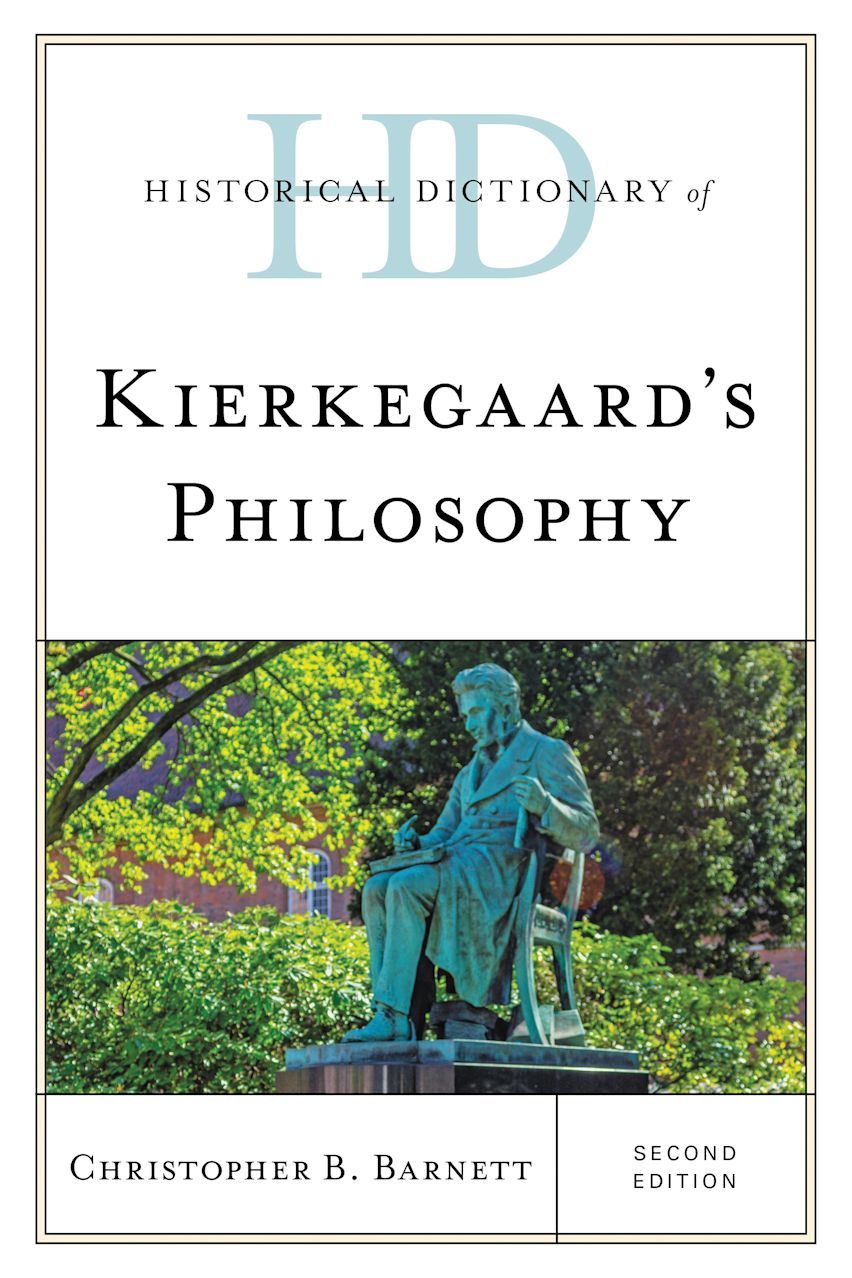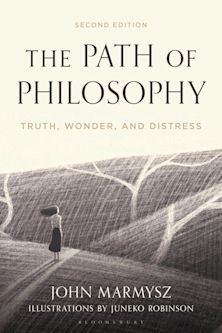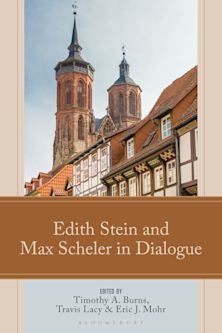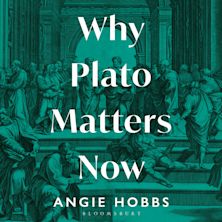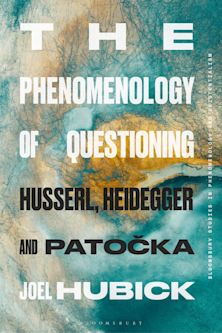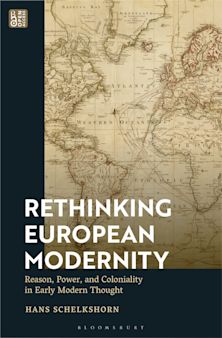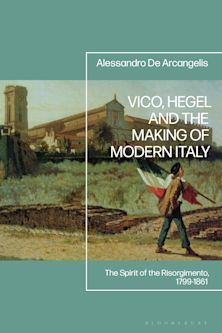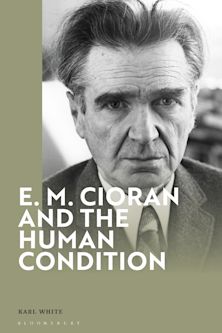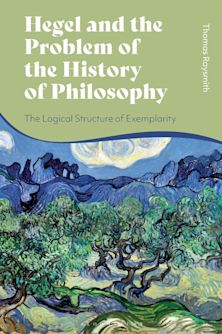- Home
- ACADEMIC
- Philosophy
- History of Philosophy
- Historical Dictionary of Kierkegaard's Philosophy
Historical Dictionary of Kierkegaard's Philosophy
Historical Dictionary of Kierkegaard's Philosophy
This product is usually dispatched within 1 week
- Delivery and returns info
-
Free US delivery on orders $35 or over
You must sign in to add this item to your wishlist. Please sign in or create an account
Description
Historical Dictionary of Kierkegaard's Philosophy, Second Edition chronicles the life and thoughts of the great Danish thinker Søren Kierkegaard (1813-55). What makes this volume essential is its extensive scope: it provides a glossary of concepts, persons, and places related to Kierkegaard’s authorship, from “Absolute” to “Hans Christian Ørsted.” This is done through a chronology, an introduction, and an extensive bibliography. The dictionary section has more than 200 cross-referenced entries oncepts, persons, and places related to the life and work of Søren Kierkegaard. This book is an excellent resource for students, researchers, and anyone wanting to know more about this subject.
Table of Contents
Preface
Chronology
Introduction
THE DICTIONARY
Appendix A: Kierkegaard’s Writings
Appendix B: Kierkegaard’s Pseudonyms
Appendix C: The Kierkegaard Family Tree
Bibliography
About the Author
Product details
| Published | Jul 15 2022 |
|---|---|
| Format | Hardback |
| Edition | 2nd |
| Extent | 338 |
| ISBN | 9781538122617 |
| Imprint | Rowman & Littlefield Publishers |
| Illustrations | 1 graph |
| Dimensions | 9 x 6 inches |
| Series | Historical Dictionaries of Religions, Philosophies, and Movements Series |
| Publisher | Bloomsbury Publishing |
About the contributors
Reviews
-
In his preface to this second edition of Historical Dictionary of Kierkegaard's Philosophy (first edition, ed. by Julia Watkin, CH, Jul'01, 38-5912)Barnett remarks that it is intended to "serve a few key purposes: (1) to synopsize the pivotal periods of Kierkegaard’s complex oeuvre, (2) to situate Kierkegaard’s writings in their sociohistorical context, and (3) to consolidate a number of indispensable resources for Kierkegaard’s study.” Barnett includes an extensive chronology covering 1756 through 2012 and a biographical introduction. The dictionary itself is alphabetically arranged, beginning with the term “Absolute” as Kierkegaard used it, and concluding (following the Danish alphabet) with “Ørsted, Hans Christian (1777–1851)," an eminent “Danish chemist, physicist, and philosopher.” Recommended. Lower- and upper-division undergraduates, graduate students, and faculty. General readers.
Choice Reviews

ONLINE RESOURCES
Bloomsbury Collections
This book is available on Bloomsbury Collections where your library has access.











